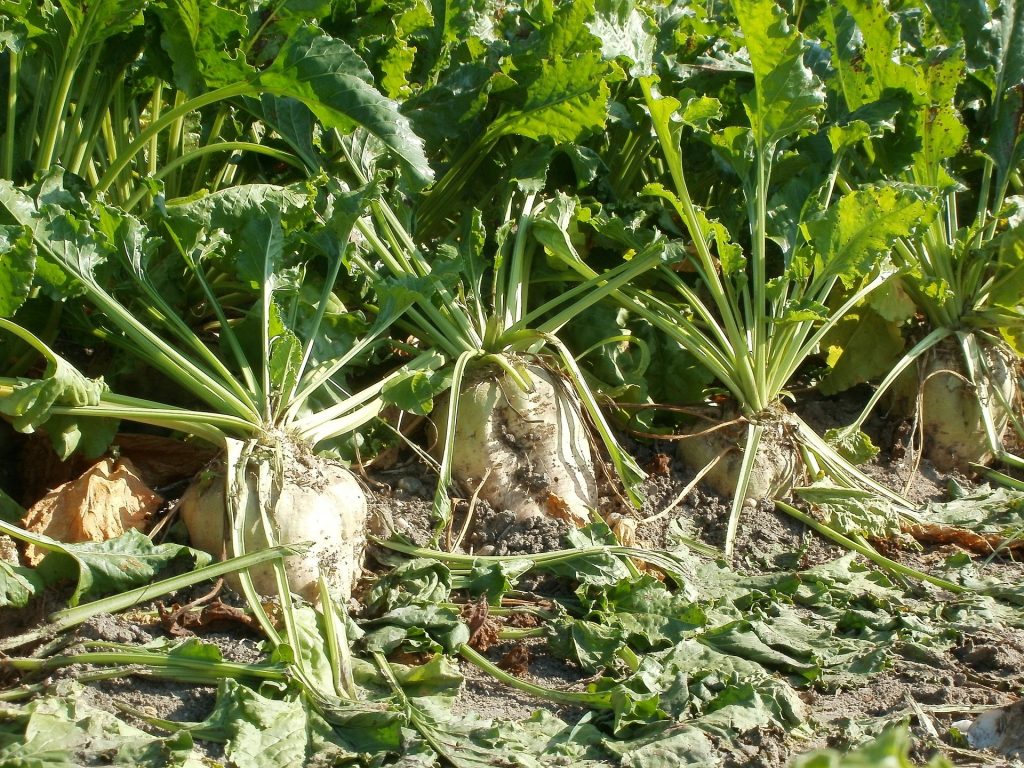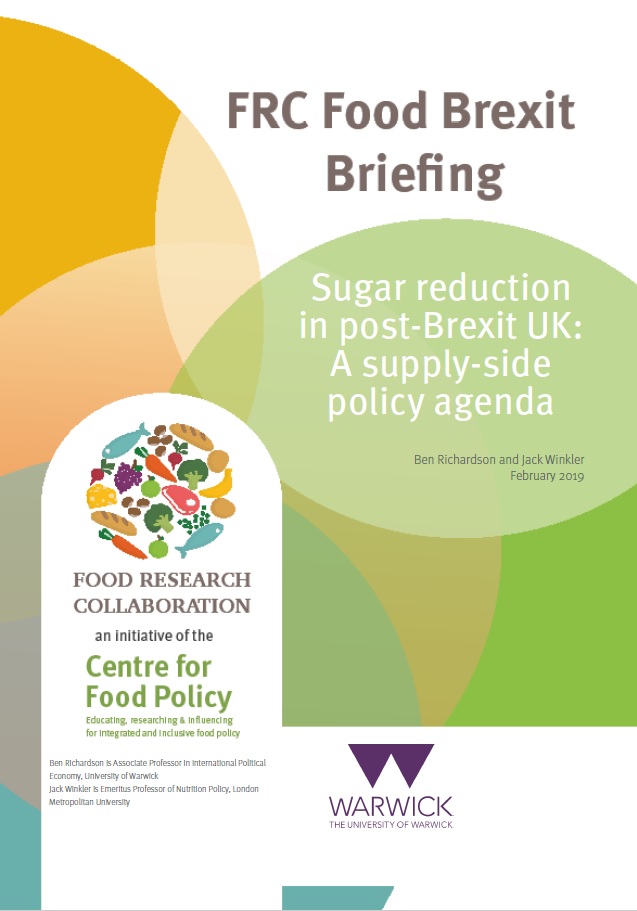This briefing argues that supply-side policies that reduce the total availability of sugar and raise its price to the food industry have the potential to widen and strengthen the sugar reduction agenda.
Too much sugar is being consumed in the UK with multiple diet-related diseases suffered as a result. According to Government guidelines sugar intake should account for no more than 5% of our daily calorie intake. Achieving this target would require two-thirds reduction in average sugar consumption. Policies targeting the problem have so far focused on food and drinks manufacturers and consumers; and the regulation of advertising and promotion. However, policies addressing the supply of sugar have been missing.
The supply of sugar in the UK has been governed by EU regulations. After the liberalisation of domestic production and greater market access for imports in the 1980s, the EU has been supplied with more and cheaper sugar, with prices falling to their lowest levels. This has undermined efforts to encourage food manufacturers to use less sugar and exacerbating public health problems.
The withdrawal of the UK from the EU means that new regulations are needed to govern the supply of sugar. The policy space available for these instruments will to an extent be contingent on the final Brexit deal, but there will be some scope for these policies to be applied, whatever the outcome. The briefing discusses policy options in light of this and proposes that they are applied in a way consistent with other public policy goals such as affordable food for consumers and fair returns for farmers.




